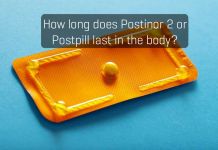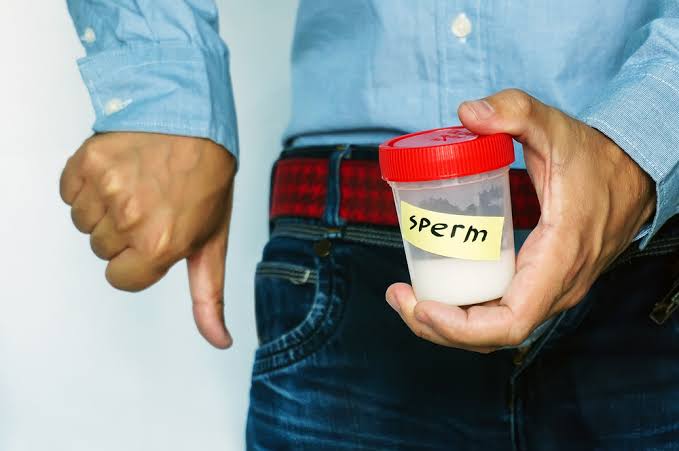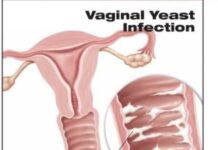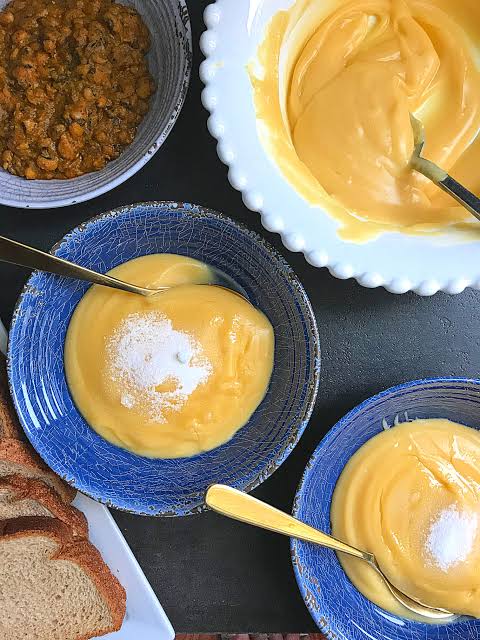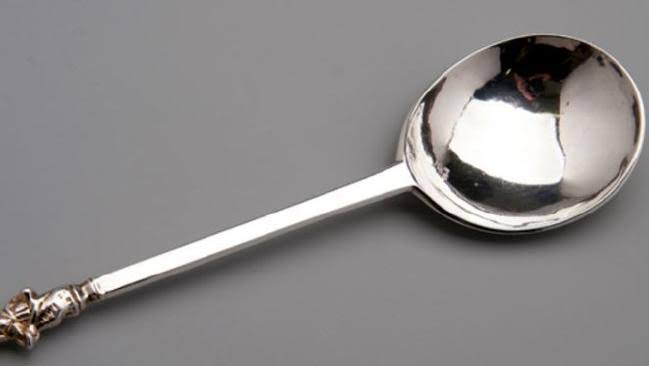Doctor dispels age long myth and practices of arresting convulsion or of administering convulsion first aid.
Medical doctor and social media influencer has warned parents to desist from inserting spoons and other objects in the mouths of convulsing patients saying it does more harm than good. He shed light on bad first aid practices for seizures amongst other things.
Read his tweets below…….
CLENCHING OF TEETH DURING CONVULSION DOESN’T KILL!
Stop inserting hard objects like spoons, wood, fingers, etc into the mouth of a convulsing person.
This practice does more harm than good as it can dislodge the dentures(teeth) & cause aspiration or worse death.
Once saw a woman put her fingers in between her child’s mouthto prevent the teeth clenching.
The kid bit her hand so hard.
She was in so much pain, while shouting for someone to help her get spoon.
What do you do when you have a person having a fit around you?
First, don’t panic!
Yeah, easier said than done.
It’s a fact that even a 1 minute fit could appear like 4 hours to the people around especially parents & siblings.
Ensure the environment around the person is safe.
If possible, move the person to a soft bed.
Place the person in a left lateral position i.e.
Lying on the left side
Remove tight clothings or loose buttons around the neck
Look at the chest to ensure the person is breathing
Don’t try to restrain, it could lead to fracture.
Don’t rub aboliki, onions or pepper on the person’s face
Do not pour water on the person
Do not pour palm oil or olive oil on the person’s mouth.
Don’t put the legs of the person on fire
Lastly, relax!
Most Convulsion will abort on its own.
Take the person to the hospital as soon as possible for proper evaluation & management.
When someone objected that the reason persons insert spoons into the patient mouth is to prevent injury to the tongue….. .
He replied saying: “Thank you for your opinion. It’s difficult for the tongue to protrude out during a convulsing episode. The tongue will naturally retract during muscular contractions & appear smaller”.
If the teeth is clenched, how does the tongue get involved? He asked.
During convulsion, there’s usually contraction of the many muscles of the body including the tongue. The tongue gets retracted and appears smaller, making it difficult for it to protrude during the episode of convulsion”.
I think this theory of inserting spoon into the mouth originated from the belief that: “Convulsions don’t usually result in death but the tongue could be damaged forever”.
Our African mothers don’t know that the tongue takes care of itself, they only aim to protect the tongue while the child calms. Even if you tell them the tongue would be smaller, they’ll say prevention is better.
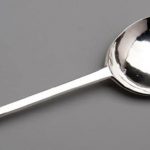
I’ve seen hundreds of patients with convulsion & their intention is basically to prevent clenching of the teeth because that’s what the initial panic is all about. Most patients with convulsion already have clenched teeth & what people do is force the mouth open with hard objects.
What causes convulsions?
There are many causes of convulsion.
High fever is the commonest cause of convulsion in children aged 6months to 5 years
Other causes of convulsion include birth trauma, head injury, electrolyte derangements, organ damage, low blood sugar, & many others
When asked to differentiate between convulsions and epilepsy……and it is hereditary..
He responded: “Convulsion is the jerk, a fit while epilepsy is abnormal discharge of neurons in the brain. All epilepsy will result in convulsion but not all convulsion is from epilepsy. Commonest cause of convulsion in a child from 6 months to 5 years is high body temperature. It isn’t hereditary, however it could run in families”.
Does epilepsy have a cure?
Most cases have a cure when the accurate diagnosis of the type of epilepsy is made, right medications used and patients comply with medications.
What kills an epileptic?
More people die from intervention from untrained personnel. Most patients do not die from the illness itself. Most die from complications of the illness.
Courtesy: Dr. Adams Ayeni




